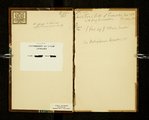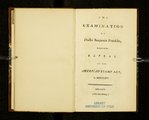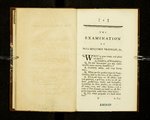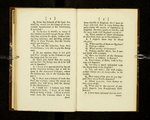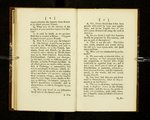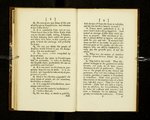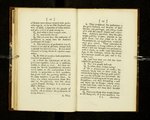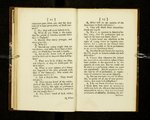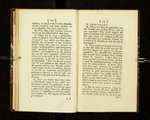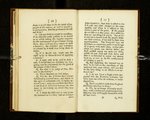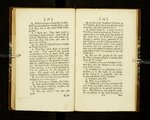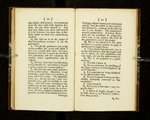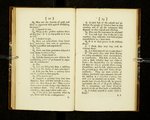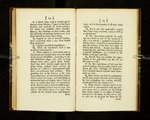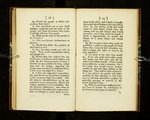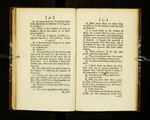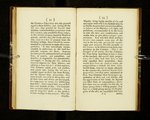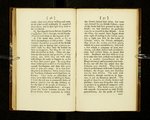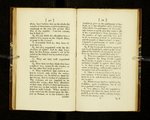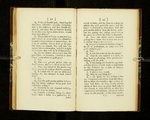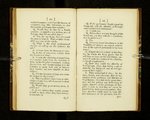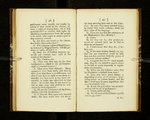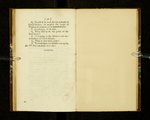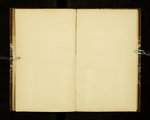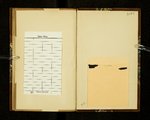| Title |
Examination of Doctor Benjamin Franklin relative to the repeal of the American Stamp Act in MDCCLXVI. |
| Call Number |
E215.2 .F63; Record ID 99192290102001 |
| Date |
1767 |
| Description |
Transcript of the examination of Benjamin Franklin over British tax policy toward its American colonies during the 1760s. |
| Creator |
Franklin, Benjamin, 1706-1790. |
| Subject |
Great Britain--Stamp Act (1765); Great Britain--Colonies--America; Taxation--United States |
| Type |
Text |
| Format |
application/pdf |
| Language |
eng |
| Relation |
` |
| Spatial Coverage |
United States |
| Collection Name |
Rare Books Collection |
| Holding Institution |
Rare Books Division, Special Collections, J. Willard Marriott Library, University of Utah |
| Rights |
 |
| Scanning Technician |
Ellen Moffatt |
| Digitization Specifications |
Original scanned with Hasselblad H6D 50c medium format DSLR and saved as 800 ppi tiffs. Display images created in Adobe Photoshop Lightroom CC and generated in Adobe Acrobat DC as multiple page pdf. |
| ARK |
ark:/87278/s6226tj6 |
| Setname |
uum_rbc |
| ID |
1307457 |
| Reference URL |
https://collections.lib.utah.edu/ark:/87278/s6226tj6 |



